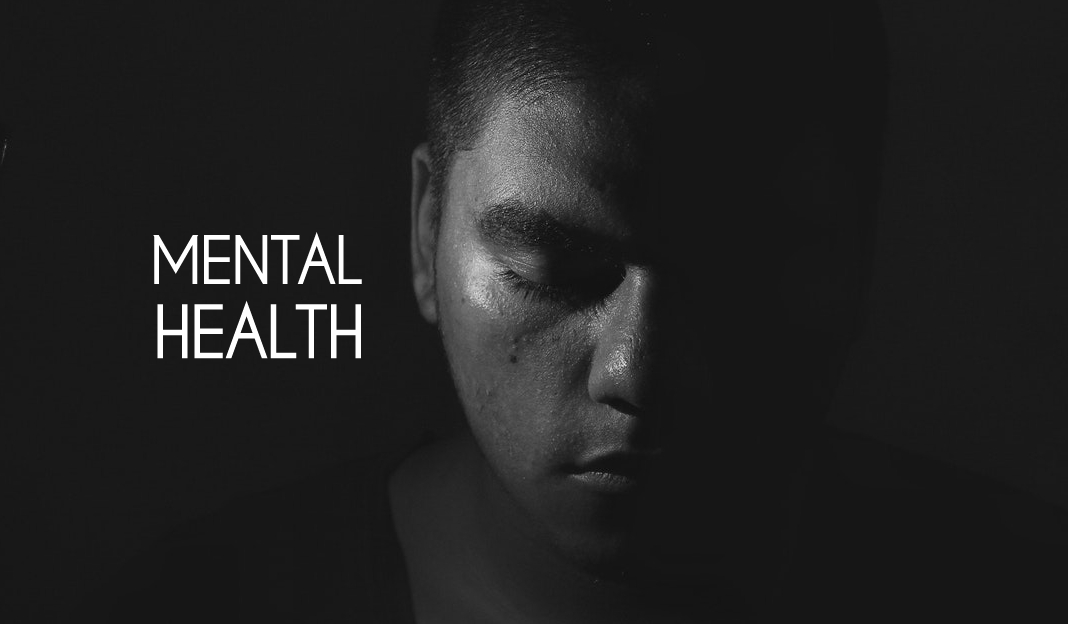WARNING SIGNS
Life is very precious. We all care about our loved once and those around us that's why it is very important to know the warning signs that someone might be suicidal.
Here are important things to remember:
A person who is thinking about suicide might not ask for help, but that doesn’t mean that help isn’t wanted. They might feel ashamed of how they're feeling, like they don't deserve help, or like no-one can help them.
People who feel suicidal often feel like they are alone and that their family, whānau and friends would be better off without them.
Most people who attempt suicide don’t want to die – they just want their pain to end or can't see another way out of their situation.
Lots of people feel suicidal at some time in their lives. It can be impossible to have hope that things will get better.
Don’t dismiss their talk of suicide as just threats. If you notice any signs that they may be thinking about harming themselves, get help.
Focuses on death. Some people talk openly about wanting to die or to commit suicide. Or they dwell on the topic of death and dying. They may research ways to kill themselves or buy a gun, knife, or pills.
Talking about suicide If someone you know is talking about harming himself or says that he doesn't want to live, take it seriously.
He may be at risk for a suicide attempt, particularly if he feels trapped or hopeless and is withdrawing from friends and family.

Important Phone Numbers and Links
Below is a list of some of the services available in New Zealand that offer support, information and help. All services are available 24 hours a day, seven days a week unless otherwise specified.
National helplines
Need to talk? Free call or text 1737 any time for support from a trained counsellor
Lifeline : 0800 543 354 (0800 LIFELINE) or free text 4357 (HELP)
Suicide Crisis Helpline : 0508 828 865 (0508 TAUTOKO)
Healthline : 0800 611 116
Samaritans : 0800 726 666
Depression-specific helplines
Depression Helpline : 0800 111 757 or free text 4202 (to talk to a trained counsellor about how you are feeling or to ask any questions)
www.depression.org.nz : includes The Journal online help service
SPARX.org.nz : online e-therapy tool provided by the University of Auckland that helps young people learn skills to deal with feeling down, depressed or stressed

HOW TO LOOK AFTER YOUR MENTAL HEALTH
Mental health includes our emotional, psychological, and social well-being. It affects how we think, feel, and act. It also helps to determine how we handle stress, relate to others, and make choices.

2) Keep Active Experts believe exercise releases chemicals in your brain that make you feel good. Regular exercise can are even said boost your self-esteem and help you concentrate, sleep, look and feel better. Exercising doesn’t just mean doing sport or going to the gym. Walks in the park, gardening or housework can also keep you active.
3) Eat Well There are strong links between what we eat and how we feel. Cutting back on added sugar (think: sodas, candies, pastries) won't cure depression, but it can help keep blood sugar levels stable, which can help balance your energy levels throughout the day. Eat at least three meals each day and drink plenty of water.


.jpg)
